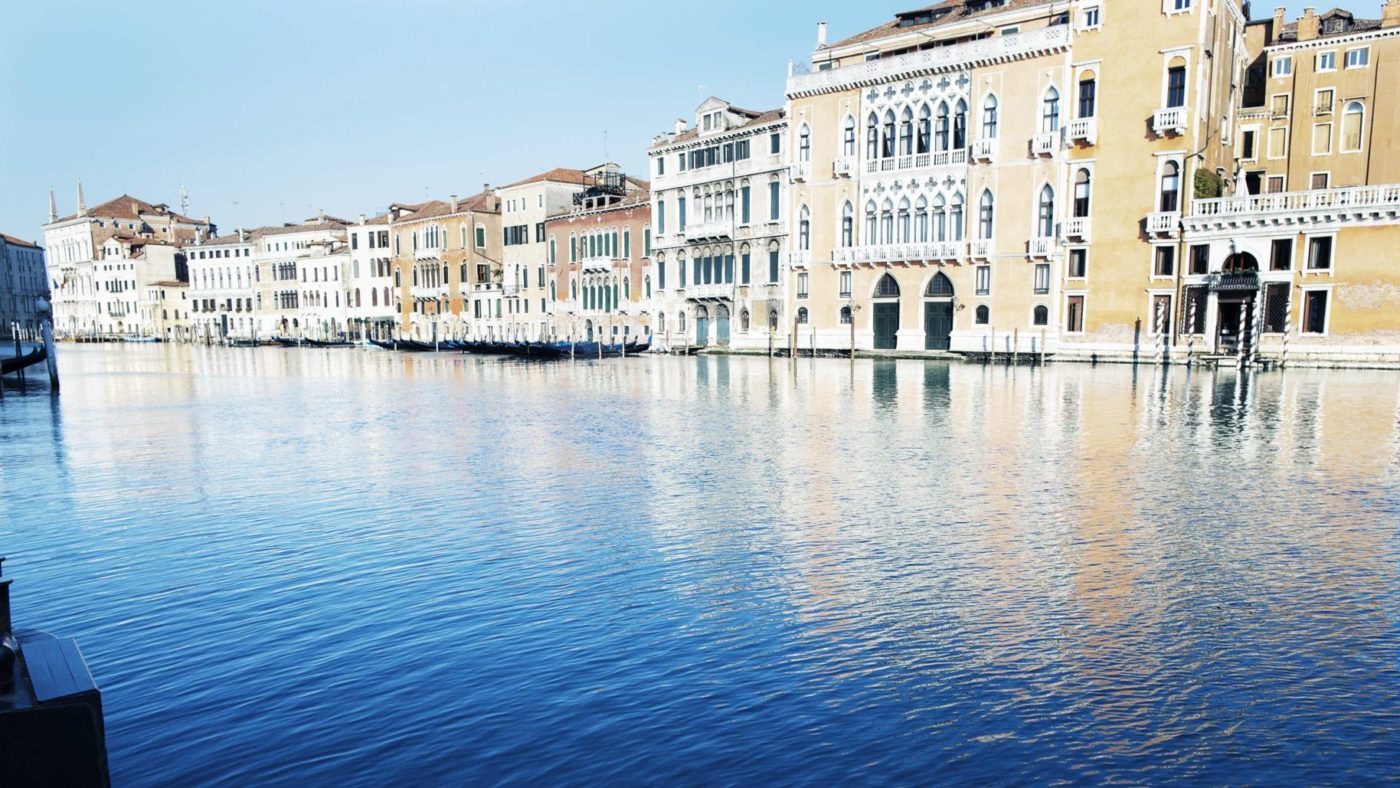Before Covid-19 became a global pandemic, climate change was at the forefront of public debate. Indeed, 2020 was supposed to be a ‘super year’ for the environment. But just five months into this new decade and COP26 has been postponed until next year and people’s priorities have understandably shifted from the environment to their immediate safety from the virus.
The changes the huge economic slowdown has wrought have also been remarkable – potentially the largest drop in emissions since World War II, oil becoming essentially worthless for the first time in history, clean air over the skies of the Hubei province, clear water in the canals of Venice, kangaroos hopping down the streets of central Adelaide. Who would have thought that this would be our reality on the recently passed Earth Day?
For some environmentalists, this is all a tremendously exciting sign of what a low-emission world could look like. But for those like me who are serious about sensible, long-term solutions to climate change, this kind of rhetoric is maddeningly counter-productive.
For one thing, it’s very difficult for the public to warm to the idea that this is a great moment for the planet when they are confined to the four walls of their home facing unemployment, financial uncertainty, worsening mental health, sickness – whether it’s themselves, friends or relatives – and even death.
Zealots of the far-left may see this crisis as the harbinger of some kind of post-capitalist low-emission future. For the rest of us who care about climate change, that narrative is particularly unhelpful. It is neither economically sustainable, nor desirable. In fact, it is a surefire way to alienate the public from the climate message. And when this crisis has eventually passed, we risk finding that public opinion has turned against environmental measures if they are seen as a byword for economic turmoil.
This is not to say that environmental issues are not intertwined with Covid-19. The most obvious link is that with the wildlife trade in which the virus originated. Or look at the emerging evidence worldwide that areas with higher levels of air pollution are also experiencing a higher death rate from Covid-19. But the point is that the difficult circumstances we find ourselves in should not be seen as a blueprint for the environmental solutions of tomorrow.
Thankfully, there are already plenty of good ideas to deliver green growth without crippling our economy. Last week, Bright Blue launched our latest report, Delivering net zero, which saw almost 40 chief executives, industry leaders, politicians and academics come together to provide new thinking and ideas on decarbonisation across many different sectors of the UK economy.
One of the proposals in the report was a privately-backed Green Investment Bank to become a leading financier of clean energy and green growth worldwide, not constrained by the financial or geographic limitations of national governments. Another idea was to establish a ‘carbon pound’ on every product. The carbon pound would not actually cost consumers anything, but would instead reflect the environmental impact of goods and services so that consumers are better informed when making purchases, and are not left in the dark about the carbon intensity of the products they are purchasing.
Even with ’hard-to-abate’ sectors like aviation, reforming Air Passenger Duty to encourage greater uptake of sustainable aviation fuel can help reduce the carbon impact of the industry. The Treasury could also play a key role by introducing a ‘carbon scorecard’, which would set out how each new policy aligns with net carbon emissions, putting decarbonisation at the heart of Treasury decision-making.
Of course, these ideas are just some of the potential solutions through which we must address climate change. What we absolutely must not do is point to Covid-19 and say “wow, what a brilliant moment for Mother Earth”.
Click here to subscribe to our daily briefing – the best pieces from CapX and across the web.
CapX depends on the generosity of its readers. If you value what we do, please consider making a donation.


